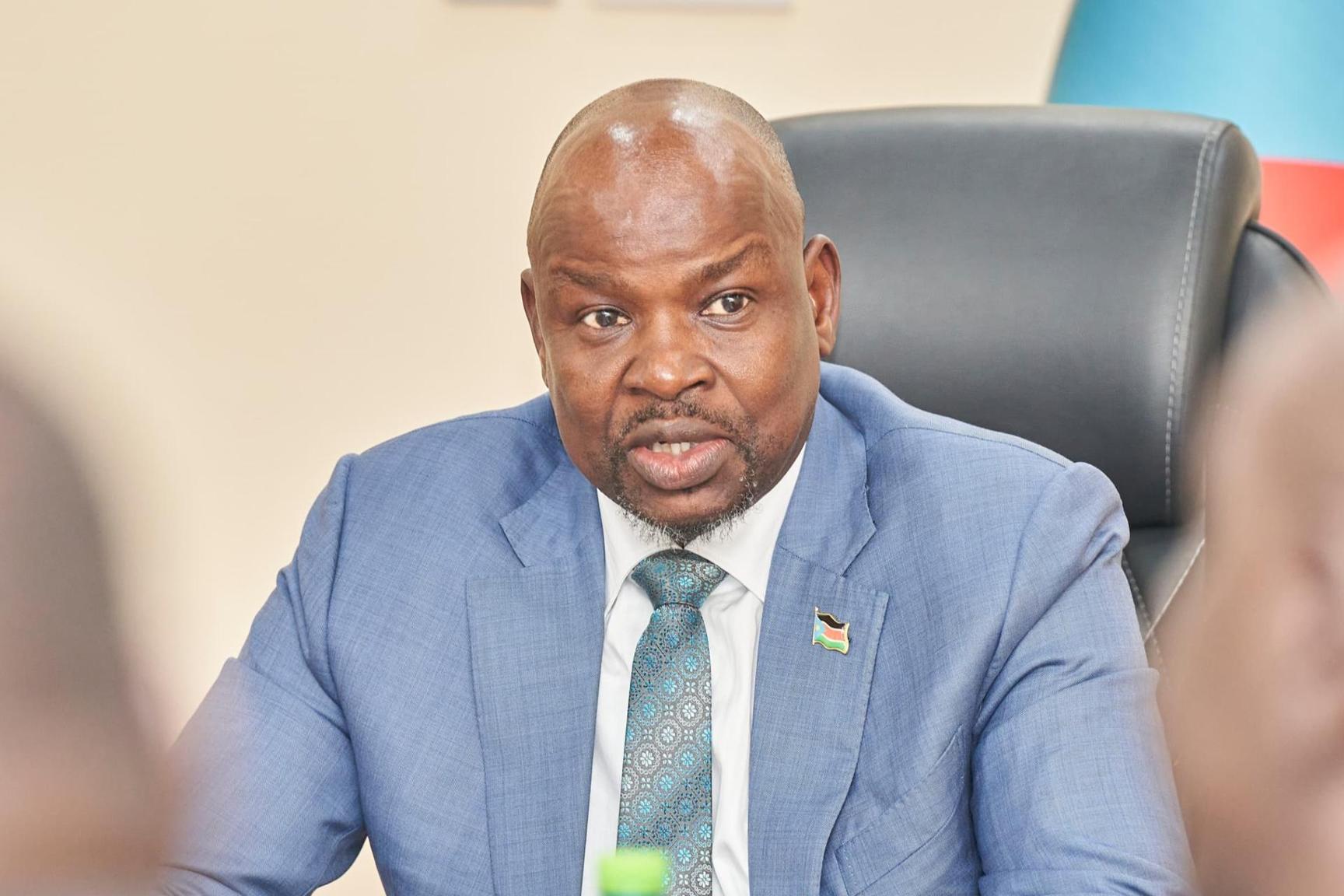Africa-Press – South-Sudan. The Office of the Vice President and Chair of the Economic Cluster unveiled a proposed SSP 5.2 trillion budget for the 2025/2026 fiscal year on Wednesday, targeting economic recovery, macroeconomic stability, and support for the nation’s democratic processes.
The budget, discussed during a high-level Economic Cluster meeting, prioritises agriculture, mining, public sector salaries, and humanitarian aid, while introducing measures to empower youth and reform global financial engagement.
According to the statement seen by Sudans Post, the budget allocates significant resources to bolster agriculture and mining, sectors seen as critical to unlocking South Sudan’s economic potential amid persistent interruptions of oil sales, catapulted by the conflict in Sudan.
Timely payment of civil servants’ salaries was another focal point as the government seeks to address chronic delays that have fueled public sector discontent in a country where civil servants have gone for more than a year without salaries.
A key highlight in the draft presented by the Minister of Finance and Planning, Dr. Marial Dongrin Ater, was the integration of President Salva Kiir’s youth empowerment plan, which includes a new Intellectual Property Policy.
This policy seeks to protect innovations by young South Sudanese, foster growth in creative industries, and create pathways for youth to commercialise their ideas. The initiative responds to growing calls for economic opportunities among the country’s youthful population.
The Economic Cluster also reaffirmed South Sudan’s advocacy for a more inclusive global financial system, echoing demands from developing nations for reforms to international financial institutions to better address their needs.
Mr. Mel, who chaired the meeting, stressed the need for fiscal discipline and transparency in managing the budget. “Every pound must deliver meaningful change,” he said, emphasising a people-centred approach to public spending.
The proposed SSP 5.2 trillion budget now awaits further deliberation and approval. If passed, it could lay the groundwork for addressing some of South Sudan’s most pressing challenges, though its success will depend on effective implementation and oversight in a fragile economic environment.
With mid-June approaching, South Sudan is also likely to be behind schedule in tabling the budget to parliament for further deliberations and approval compared to its regional counterparts.
In the East African Community (EAC), which includes Burundi, Democratic Republic of Congo, Kenya, Rwanda, Somalia, South Sudan, Tanzania, and Uganda, budget presentation typically follows a coordinated schedule for most member states, as mandated by the EAC Treaty.
Finance ministers of Kenya, Tanzania, Uganda, and Rwanda traditionally present their national budgets simultaneously in mid-June for the fiscal year running from July 1 to June 30. This practice ensures alignment under a common regional theme, fostering economic integration.
For the 2025/2026 fiscal year, Kenya’s budget reading is confirmed for June 12, 2025, suggesting that Tanzania, Uganda, and Rwanda will likely present their budgets on or around the same date, consistent with past practice.
For More News And Analysis About South-Sudan Follow Africa-Press






